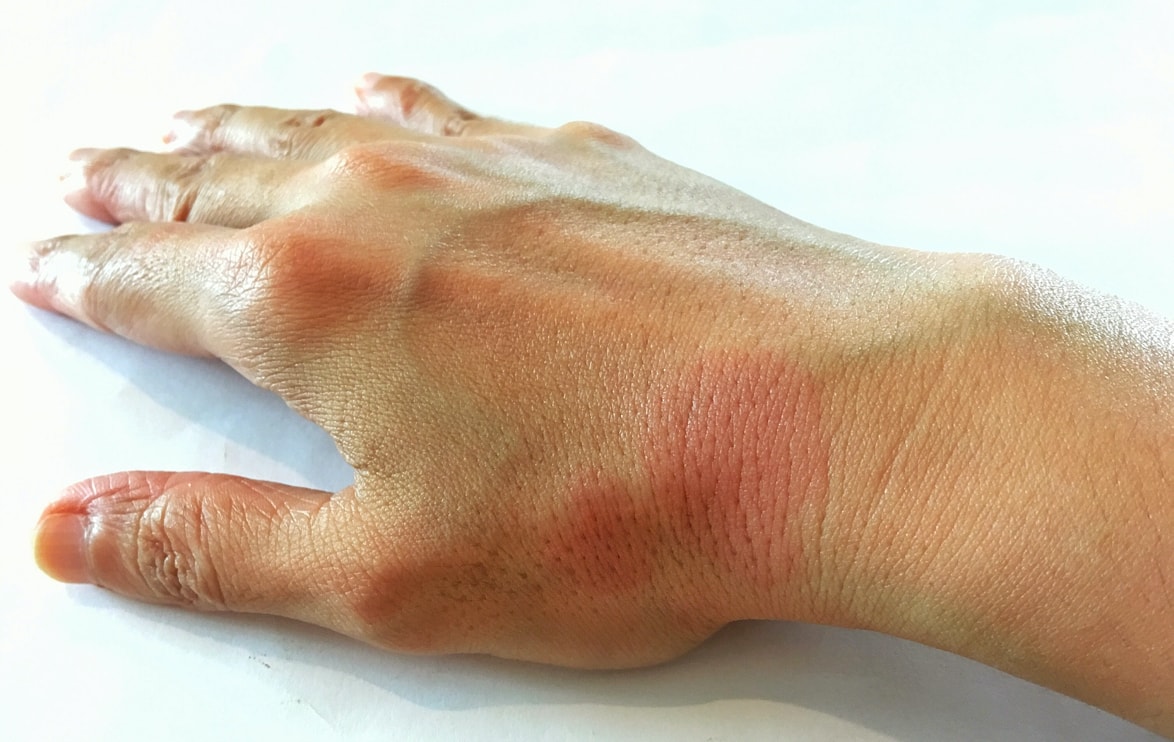RHEUMATOID DISEASES
Rheumatoid arthritis
Rheumatoid Arthritis is an autoimmune disorder that occurs when the immune system mistakenly attacks body tissues

Rheumatoid arthritis (RA) is a systemic autoimmune disorder with an important inflammatory component in joints. Neutrophils are the most abundant leukocytes in inflamed joints, and play an essential role in the initiation and progression of RA.
RA causes join pain, swelling and stiffness in the joints and usually happens on both sides of the body. So, if a joint is affected in one of the arms or legs, the same joint in the other arm or leg will probably be affected, too.
RA can affect more than just the joints. In some people, the disorder can also damage a wide variety of organs such as the skin, eyes, lungs, heart and blood vessels.
Unlike the bone loss caused by osteoarthritis, RA affects the lining of the joints, resulting in painful swelling that can eventually cause bone erosion and joint deformity.
There may be periods where symptoms become worse, known as flare-ups or flares. A flare can be difficult to predict, but with treatment it’s possible to decrease its number and minimise or prevent long-term damage to the joints.
Signs and symptoms of RA may include the following:
- Sore, hot and swollen joints.
- Joint stiffness that usually worsens in the morning and after a period of inactivity.
- Fatigue, fever and weight loss.
Other
Autoimmune
Diseases
Related News
Related links
More linksContact UsFor more information
Contact Us






